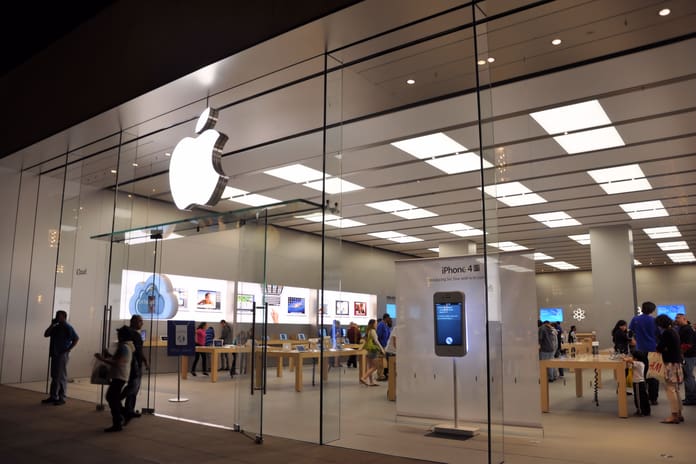Apple Inc. (NASDAQ:AAPL) cash position is shrinking, which is good for the firm and its stockholders. However, many investors and Wall Street experts perceive warning indicators that Apple Inc. (NASDAQ:AAPL)’s AAPL -0.24% cash and short-term investments have decreased to $48 billion as of June 2022, down from $107 billion at the end of 2019.
According to a long-standing notion in corporate finance, companies with large cash reserves outperform those with smaller savings accounts on average. An emeritus professor of business administration at Harvard Business School, Michael Jensen, proposed this notion some decades ago. In a now-famous 1986 paper in the American Economic Review, Jensen claimed that corporations would be less efficient if they hoarded capital above and beyond what was required for current operations.
Why would having too much money be a negative thing? Jensen hypothesized that it motivates business executives to engage in risky activity. According to Jensen, shareholders should aim to encourage management to disgorge the cash rather than investing it below the cost of capital or squandering it on organizational inefficiencies.
This is the theory. But just how well does it stand up in practice? In 2003, Arnott co-authored a paper with Cliff Asness of AQR Capital Management that offered empirical evidence for Jensen’s hypothesis.
They looked at corporate earnings growth across 10-year periods between 1871 and 2001 and discovered that earnings climbed the quickest in the years when corporations’ dividend-payout ratios were the greatest. On average, companies that kept their cash rather than releasing it to shareholders did worse.
What if Apple Inc. (NASDAQ:AAPL) required the cash it no longer has in the future? Arnott said that the firm would merely need to approach the debt or stock markets to raise funds, which it would have no issue achieving if the funds were used for beneficial purposes. This provision, according to Arnott, is the key to why a small cash reserve is healthy as it puts market discipline and responsibility on any new initiatives or investments a firm may choose to make. In contrast, there is no such discipline or commitment with large amounts of cash.
In any event, Apple Inc. (NASDAQ:AAPL) does not appear to suffer due to its reduced cash reserves. According to FactSet, return on equity has increased to 163% from 55% at the end of 2019, when its cash and short-term investments fell by 55%. Over the same period, the stock has delivered a 35.3% annualized total return, more than doubling the S&P 500 SPX -0.17%.
What’s the bottom line? As plausible as the story that declining cash levels are a negative sign may be, they look to be a good trend. When faced with such scenarios, the more significant investing implication is to look under the surface.
Featured Image: Megapixl © Egomezta















